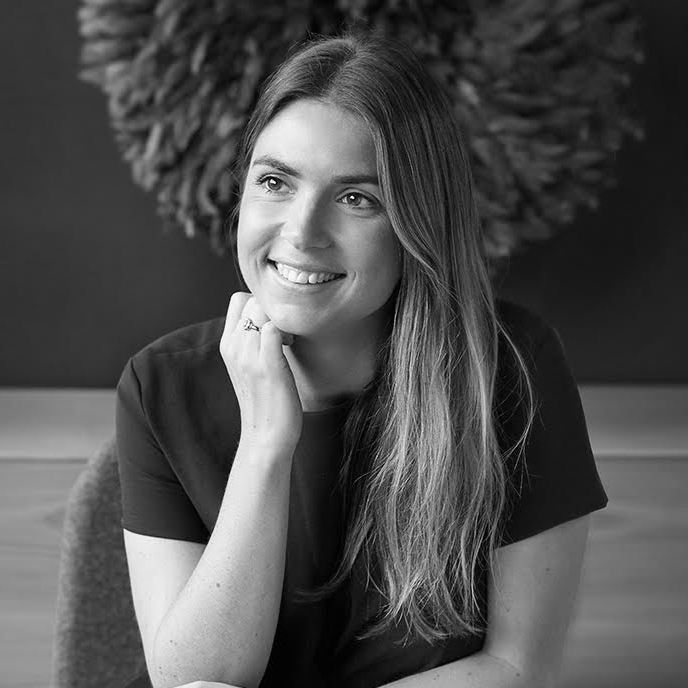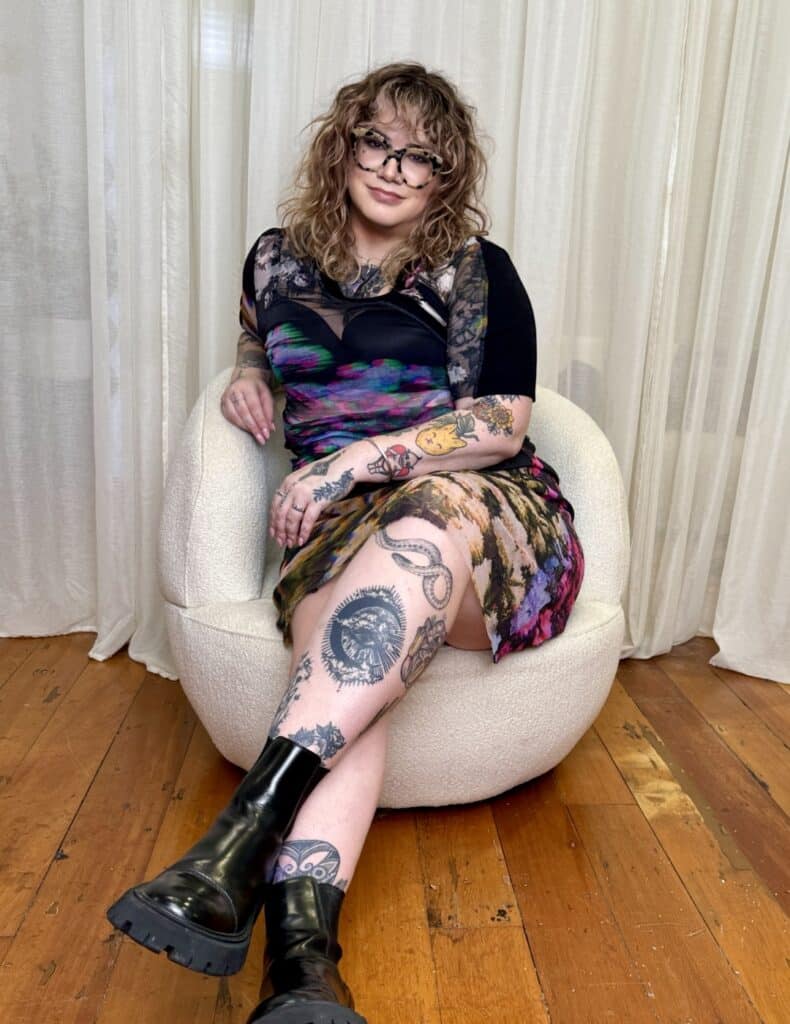
When it comes to investing, many of us think of negative words like ‘overwhelming’, ‘confusing’ and ‘scary’. With so many investment options to choose from and a plethora of confusing jargon — not to mention very little time to learn as we wrestle busy schedules — I can see why these words come to mind.
So, how do we change our mindset around money to a more positive one? Money and finances can be stressful — and can lead to many unnecessary grey hairs. But growing your wealth should be an easy, exciting and empowering journey. One you can be proud of and passionate about.
There are three small actions you can take to be more optimistic about your financial future (and avoid premature greyness). Firstly, invest consistently. One of the biggest investing mistakes is trying to time the market. My mother (bless her) constantly asks me, “Should I invest now? Or wait until the market falls a little?” My answer is always the same: don’t try and time the market. Why? Because you are much more likely to miss out on investment gains waiting for the market to ‘fall a little’ than you would if you invested now. The market fluctuates a lot. The New Zealand stock market has finished negatively only five times in the past 20 years. My mother would have missed out on a lot of gains waiting on the sidelines. If we try to time the market, this can lead to irrational and emotional decisions that we later regret.
One of the best investing strategies is Dollar-cost averaging (DCA). This is the process of consistently and regularly investing, irrespective of what the market is doing. It removes the emotion from investing. Let’s look at an example: if you invested $100 in a company with a $20 share price, you would be able to buy five shares. Now, say that share price fell to $10, you would be able to buy 10 shares, not five — you get more bang for your buck. So, when the share price rebounds, you have a higher number of shares, leading to a greater increase in the value of your portfolio. Many people stop investing when the market falls, however, this has a bigger impact than you think, as you miss out on buying those stocks at a more attractive price.
The second step is to take the appropriate amount of risk. I’m not talking about the realm of bungy jumping or skydiving, I’m referring to the risk associated with your investment time horizon. If your horizon (aka your financial goal) is to pay for a wedding in two years, then the time frame for your investment to grow is quite short. Due to market volatility (the movement up and down of share prices), you should be investing in a lower risk — and therefore lower returning — investment. On the flip side, if you don’t plan on retiring for another 30 years, you can jump on that risk train. High risk equals high return.
In regards to retirement, I’m aware of a lot of people who still don’t know where their KiwiSaver is, or what return they are earning on it. More than 400,000 Kiwis are still with default KiwiSaver providers, whereby they had the Government choose a provider for them. This means they are losing out on huge potential gains; and the longer they wait to switch, the more they are missing.
The third action is investing in yourself; Future You will be VERY thankful. Doing the hard yards today will create rewards in the future. Whether that means sacrificing the odd holiday or skipping a few dinners out, the $100 you don’t spend today will be worth multiples more when you reach retirement. This is due to compound interest; money makes money. So $100 becomes $1000 which before you know it is $10,000.

You might ask, how much do we need for a comfortable retirement? Well, the average retirement is approximately 18 years, and its assumed you need 80 per cent of your salary if you want a similar lifestyle to today. So, if you are currently on a $100,000 salary, you will need $80,000 per year of retirement—or
$1.4 million as you enter retirement.
There’s a lot going on in the world right now; wars, market corrections, inflation and global pandemics, not to mention our own individual stresses and concerns. However, stress around our financial future is avoidable. We just need to make taking care of Future You a today priority. Don’t wait to invest, invest then wait.
Victoria Harris is the founder of The Curve — an investing platform for women.
Read more Money Talks: here’s what Harris wants you to know about investing in cryptocurrency.










